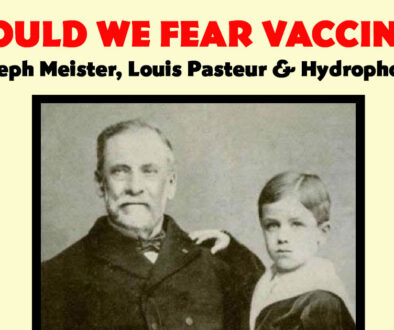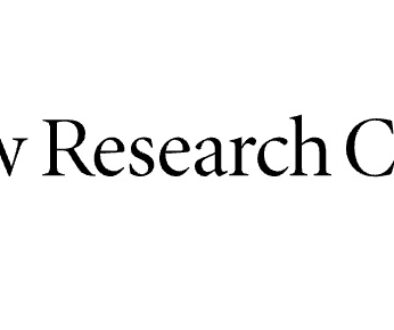U.S. Catholic Questions Whether Sabbath Should Be Social Policy
6 February 2024 |
A new article by U.S. Catholic discusses the increasing relevance of the Sabbath concept in contemporary society, as highlighted by a new two-part documentary streaming on pbs.org titled “Sabbath.” It emphasizes the historical significance of the Sabbath, originating from ancient Judaism. It then describes how the Sabbath evolved into a complex set of laws governing weekly observance dedicated to prayer and religious practices, aiming to set aside the pressures of production and performance to embrace spiritual rest.
Karl Marx and Frederick Engels’ 1848 critique of capitalism’s disruption of social conditions and traditions, including the public observance of a Sabbath day of rest, is mentioned as a precursor to the modern challenges addressed by the documentary. The film showcases various manifestations of Sabbath observance, primarily within the Jewish tradition but also in Christianity, which adapted the Sabbath to Sunday in line with the day of Christ’s resurrection. It highlights the enduring practice of Sabbath across different faiths and cultures, mentioning Adventists, and describing rigorous observance by Puritans in America and current laws in Bergen County, New Jersey, that mandate Sunday closures.
The documentary and the article suggest that the Sabbath offers a counterbalance to the relentless demands of work, social media, and consumerism, proposing a communal approach to rest that has implications for creating a just and sustainable social order. It underscores the Sabbath’s revolutionary origins as the first labor-protection law and its potential role in contemporary labor advocacy, including the push for a four-day workweek.
The article concludes with reflections on the challenges of maintaining Sabbath observance amid modern pressures but suggests a growing recognition of its value for societal well-being. It acknowledges its spiritual value, but asks the question “Should it be a social policy?”




